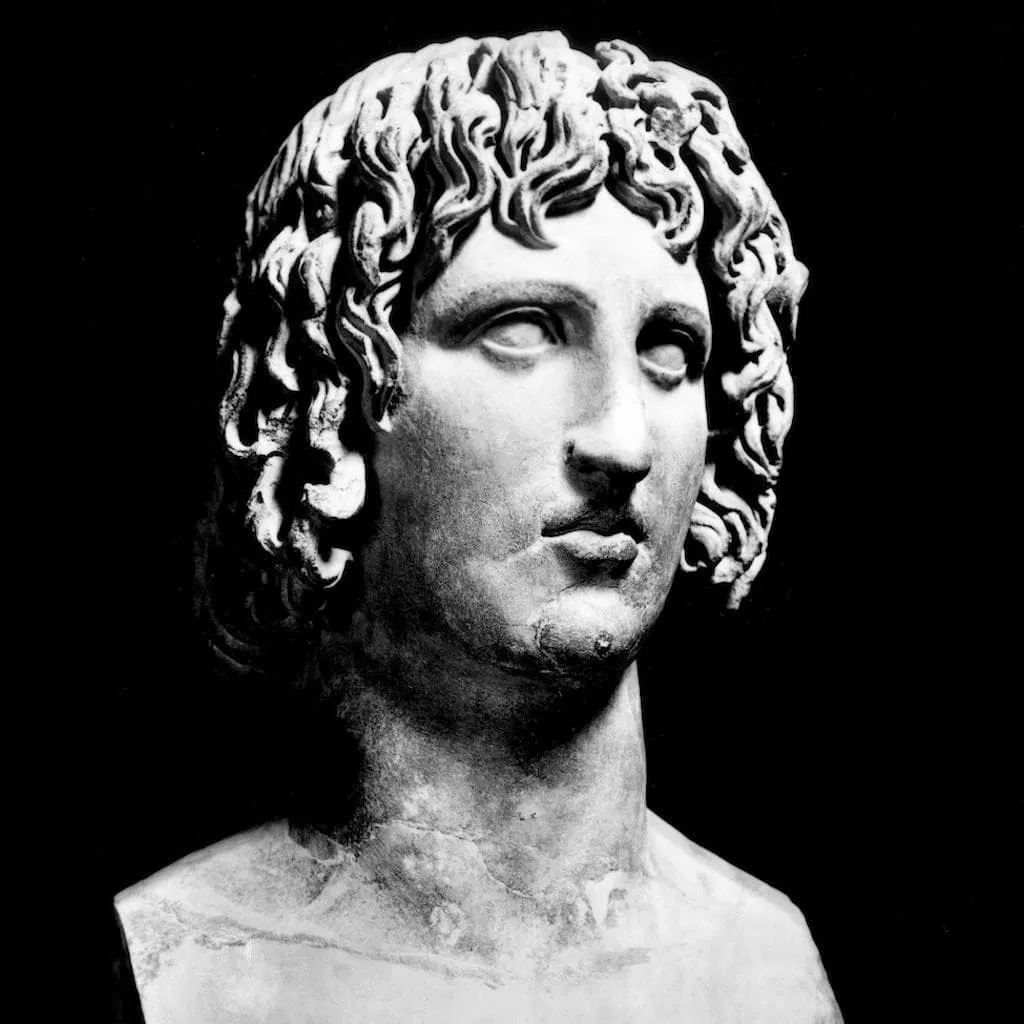
Virgil, or Publius Vergilius Maro (70 BCE – 19 BCE), was a preeminent Roman poet whose works have profoundly shaped Western literature. Known for masterpieces such as the Aeneid, he encapsulated the Roman ideals of duty, heroism, and piety. His writings bridged classical mythology with Roman identity, offering poetic insights that resonate through the centuries.
Virgil Biography
Virgil Poems
1. Eclogues (Bucolics)
Virgil’s Eclogues consists of ten pastoral poems, set in an idealized rural world. Each poem reflects themes like unrequited love, political allegory, and the harmony between humanity and nature. Highlights include the prophetic Fourth Eclogue, often interpreted as foreshadowing a messianic age.
2. Georgics
A didactic four-book poem, Georgics extols the virtues of farming and human industry. Its vivid imagery of nature, from bees to plowing fields, merges agricultural instruction with profound philosophical insights. The Georgics were celebrated as a testament to Virgil’s versatility and mastery of poetic form.
3. Aeneid
The Aeneid, Virgil’s epic masterpiece, unfolds in twelve books and chronicles the trials of Aeneas. It explores themes of duty, fate, and sacrifice, symbolizing Rome’s imperial destiny. Rich in mythology and political propaganda, the Aeneid became a cornerstone of Roman cultural identity and education.
Virgil Quotes
1. “Fortune favors the bold.” (Aeneid)
2. “Love conquers all; let us too yield to love.” (Eclogues)
3. “Endure the hardships, and hope for better days.” (Aeneid)
4. “The descent to hell is easy; the return is hard.” (Aeneid)
5. “They can because they think they can.” (Aeneid)
6. “Happy is he who has overcome all trials.” (Georgics)
7. “The greatest wealth is health.” (Georgics)
8. “Fear is proof of a degenerate mind.” (Aeneid)
9. “Go forth a conqueror, and win great glory!” (Aeneid)
10. “Trust not the horse, Trojans. Whatever it is, I fear the Greeeks even bearing gifts.” (Aeneid)
Vincenzo Monti Facts
1. Virgil is often regarded as the “Homer of Rome,” drawing ilnspiration from the Greek epics, lliad and Odyssey.
2. His works were studied and revered in the Roman educationsystem for centuries.
3. Virgil’s Fourth Eclogue was interpreted in the Middle Ages as a pprophecy of Christ’s birth.
4. The Aeneid was considered Rome’s national epic and served aspropaganda for Augustus’s reign.
5. He was deeply influenced by Stoic and Epicurean philosophies.
6. Dante Alighieri, in his Divine Comedy, chose Virgil as his guide through Hell and Purgatory.
7. Virgil was known for his meticulous writing process, reportedly composing only a few lines a day.
8. Despite his Roman patriotism, Virgil’s works often reflect sympathy for defeated enemies.
9. He never married and was believed to have lived a privatecontemplative life.
10. His tomb in Naples bore the epitaph he allegedly composed: “Mantua gave me birth, Calabria took me away, Naples holds me now.”
